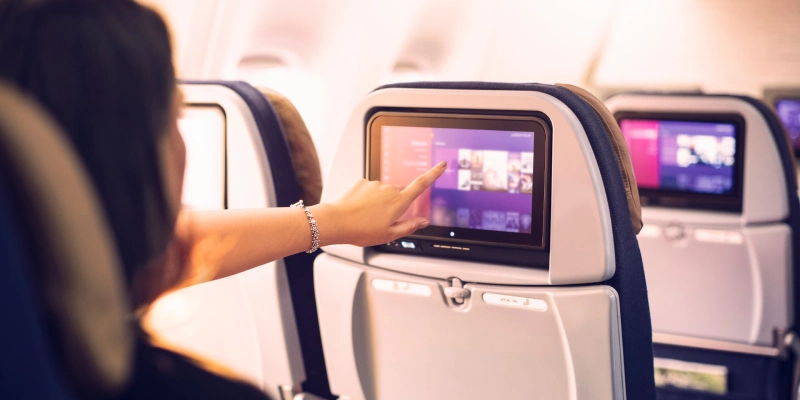U.S. President Joe Biden’s administration is quietly discussing a 2050 target for aircraft to stop using fossil fuels as part of the White House’s broader push to fight the climate emergency, sources close to the matter said.
See also: Virgin Galactic offering tickets for sale at $450,000 per seat.
In recent days, the White House has stepped up its efforts to transform the U.S. economy, including promoting spending on climate-oriented infrastructure and bringing automakers on board its campaign to increase the use of electric vehicles, Reuters reported.
The Biden administration is considering incentives to support private sector production of sustainable aviation fuel (SAF) as it looks for ways to eliminate greenhouse gas emissions from the hard-to-electrify sector.
The government is looking at 2050 as a target for airlines to fly on 100% aviation fuel from renewable sources, said two sources, who spoke anonymously to be candid about the discussions.
See also: Wizz Air to hire 4,600 new pilots by 2030.
Discussions are still at an early stage, with few details available, they said. The U.S. and Europe are trying to find ways to encourage production and adoption of SAF, which is two to five times more expensive than standard jet fuel.
Sustainable jet fuel, made from feedstocks such as used cooking oil and animal fat, currently accounts for only a miniscule amount of total jet fuel use.
The government confirmed that PAS is on its radar, but did not comment or confirm the 2050 target.
“As part of the Build Back Better program, President Biden proposed catalytic investments to drive innovation and deployment of sustainable aviation fuels,” said Ali Zaidi, White House deputy national climate advisor.
“The administration is committed to driving climate solutions across all sectors and areas of the economy, with the urgency that the climate crisis demands.”
INCENTIVES AND PENALTIES
The aviation sector cannot count on electrification as a near-term solution due to the weight of batteries
The Biden administration, which has set a goal of carbon neutrality by 2050, has talked about incentives and targets to increase SAF.
It is now taking a different approach than in Europe, where regulators intend to force suppliers to blend increasing amounts of SAF into their kerosene, a move opposed by U.S. airlines.
The White House and business groups are expected to meet virtually later this month to promote alternative jet fuels, but the specific actions that could be taken are unclear, three sources said.
Environmentalists say a European-style mandate is needed to increase production and lower the price of SAF. However, Angel Alvarez Alberdi, secretary general of the European Advanced Biofuels and Waste Association, fears that the EU mandate would redirect the limited pool of affordable feedstocks available to make SAF.
“It could be a debate around incentives and penalties,” John Slattery, head of engine maker GE Aviation, a unit of General Electric Co, said of the SAF lawsuit during a recent Eurocontrol podcast.
Reporting by Allison Lampert and Stephanie Kelly; additional reporting by Rod Nickel, Valerie Volcovici, David Shepardson and Laura Sanicola; edited in Spanish by Benjamín Mejías Valencia.
Photo: Pixabay
Related Topics
Copa Airlines Expands Capacity in Venezuela: 17 Weekly Frequencies Between Panama and Caracas Starting in March
Rutaca Airlines Resumes Flights Between Caracas and Punta Cana Starting in March
LATAM Suspends Lima-Havana Flights Due to Fuel Supply Crisis in Cuba
LATAM Recognized for Third Time by APEX as Airline with “Best Inflight Entertainment in South America”

Plataforma Informativa de Aviación Comercial con 13 años de trayectoria.




